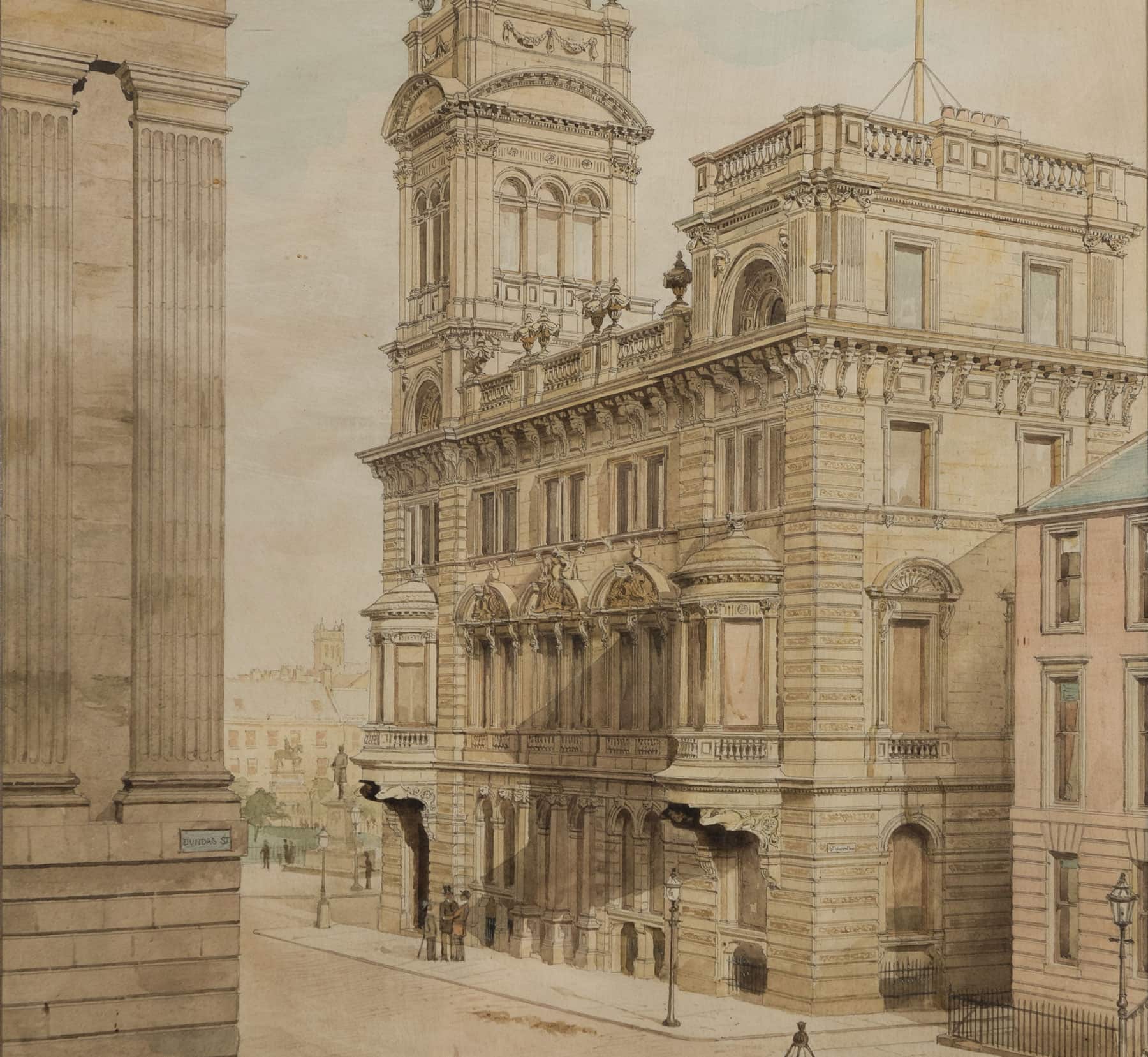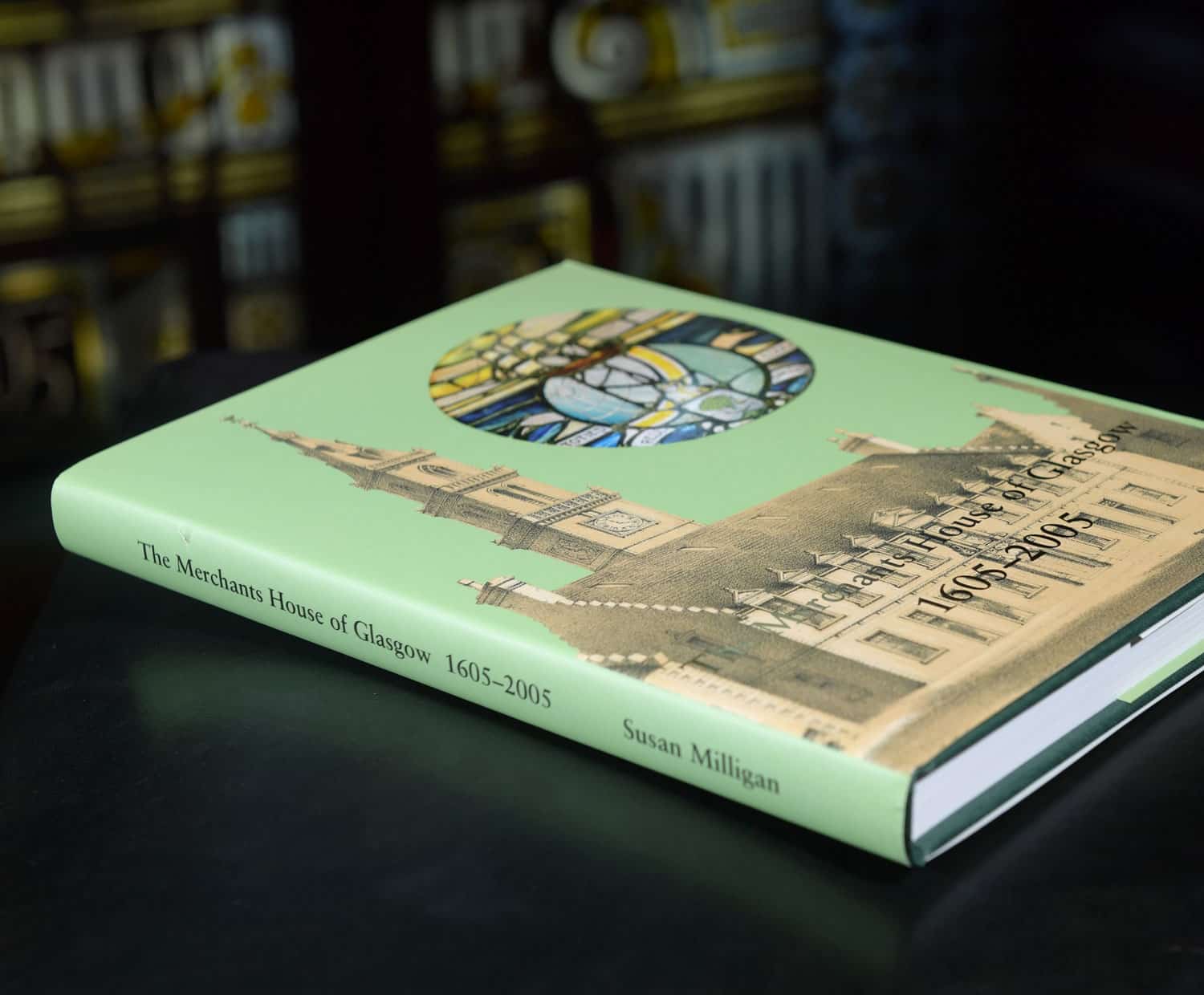History of Merchants House
The Merchants House of Glasgow was already a long established Institution, when in 1605 it first received a written Constitution. This was the Letter of Guildry which still forms the basic constitution of the Merchants House, as of the Trades House of Glasgow and the former Dean of Guild Court in Glasgow, prior to the latter’s abolition by the Local Government (Scotland) Act 1973.
Under this Constitution, subject to such alterations as were made by regulations passed from time to time, the House continued to be governed until the passing of the Burgh Reform Act in 1833. Subsequently, resolutions have been passed with a view to confirming its Regulations to the circumstances of the day.




